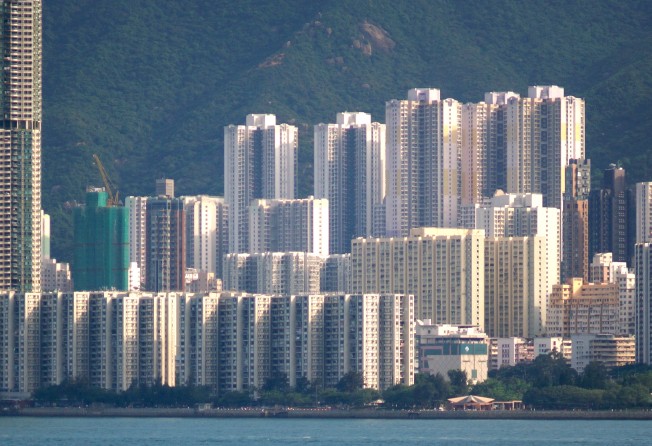Full debate on shift in Hong Kong public housing required
Agreement needs to reached on proposals to build flats for well-off tenants so their properties can be taken up by those in need on a lengthy waiting list

Housing in Hong Kong is such a hot potato that any step taken by the government may well be roundly criticised. The city’s first chief executive, Tung Chee-hwa, learned a painful lesson when his target output of 85,000 flats a year floundered amid an economic downturn in 1998. Two decades later, Carrie Lam Cheng Yuet-ngor is going down the same slippery slope with her new approach towards public rental housing and home ownership.
Lam raised eyebrows when she first announced in her policy address that the government should build more flats for sale instead of rent. Last week, she was quoted as saying that a public rental housing stock of 80,000 units would be sufficient to meet the needs of the poor, raising concerns the government would then stop building flats for rent. Yesterday, she clarified that the figure was neither a cap nor a target, but a stocktaking of the existing numbers and those already planned.
Given public rental flats are meant to be a safety net, the government cannot be expected to keep building subsidised flats indefinitely. After all, each rental unit comes with a string of long-term costs to taxpayers, such as management and maintenance.
Whether 80,000 is an appropriate limit is open to debate, though. The public may be excused for having the impression the government is trying to maintain the number of public rental flats at a certain level. The clarification by Lam is to be welcomed.
There are no fewer than 150,000 applications in a high priority queue, with an average waiting time prolonged to 4.7 years. The shortfall is even bigger when put against another queue of 127,600. Lam rightly admitted that a lot more needs to be done.
Her new strategy is to attract more existing well-off public housing tenants to buy new flats for sale and vacate their units for those still waiting. Whether it will work depends on a number of factors. Also, it takes a substantial portion of tenants to buy to clear the existing backlog. More importantly, it raises questions over the use of public resources to finance home purchases for wealthy tenants.
The task looks even more daunting when taking into account the housing demand in future. According to a study by a panel on long-term housing needs under the previous government, there needs to be 940,000 rental units by 2027. The public is entitled to ask whether previous goals have been discarded.
If a consensus is needed on ways to boost land supply for housing, so does the change in the balance of public housing for rent and sale. The emphasis on home ownership represents a major policy shift that requires a full debate on its pros and cons.